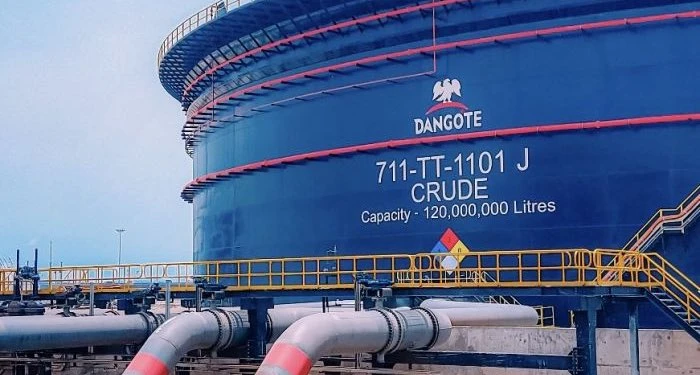Marketers challenge Dangote's push for refining monopoly, stressing risks to Nigeria’s oil sector, economy, and energy security amid ongoing court battle.

In September 2024, Dangote Petroleum Refinery, along with the three marketers, challenged the Nigeria Midstream and Downstream Petroleum Regulatory Authority (NMDPRA) and the Nigeria National Petroleum Corporation Limited (NNPC). Dangote’s complaint centres on the NMDPRA’s decision to issue import licenses to other players in the sector, allegedly contravening the Petroleum Industry Act (PIA) by allowing imports when the country should prioritize local refining.
Dangote argues that import licenses should be restricted to situations where there is a clear shortfall in local petroleum production, a stance that the marketers dispute. The refinery's appeal to the court aims to limit market access to domestic players like itself, emphasizing that local production should be favored to support the Nigerian economy and reduce foreign dependency.
However, in a recent move, the three major oil marketers—AYM Shafa Limited, A.A. Rano Limited, and Matrix Petroleum Services Limited—are restraining Dangote Petroleum Refinery and Petrochemicals' attempts to dominate Nigeria’s oil supply chain.
These marketers have jointly requested that the Federal High Court in Abuja dismiss a suit filed by the Dangote refinery, which aims to halt the importation of petroleum products by other companies.
Marketers Argue for Competitive Market
The marketers counter that monopolizing the oil sector would be a disaster for the Nigerian economy. They insist that competitive practices are essential to maintaining fair prices and ensuring reliable product availability. In their affidavit, they argue that granting Dangote exclusive rights would only increase the cost of petroleum products, particularly if the refinery faces operational disruptions.
With only Dangote refining, a supply chain issue or production halt could leave the country vulnerable to severe energy shortages, impacting all sectors of the economy.
The marketers further emphasized that the NMDPRA-issued import licenses they hold were legally acquired under the provisions of the PIA, maintaining that the licenses allow for competitive pricing and stabilize the market. They added that Dangote has not provided evidence that it can fully supply Nigeria’s demand, raising doubts about the viability of depending solely on the refinery for the nation’s fuel needs.
The marketers warn that if Dangote gains monopoly power, Nigerians could face higher fuel prices, a lack of competitive pricing, and potential hardships due to Dangote's exclusive control. Without alternatives, the country would face significant economic risks, particularly if the Dangote refinery experienced a supply chain breakdown or production issue. They pointed out that reordering from foreign suppliers could take over a month, leaving Nigeria susceptible to prolonged energy shortages.
Ongoing Proceedings and Market Implications
As both sides await a court ruling scheduled for January 20, 2025, the outcome of this legal battle could reshape the Nigerian oil industry. A decision in favor of Dangote might centralize oil production and supply within the country, potentially impacting competition and prices.
On the other hand, upholding import licenses for other players would likely support a more diverse and competitive market, with benefits for Nigerian consumers and the broader economy.

